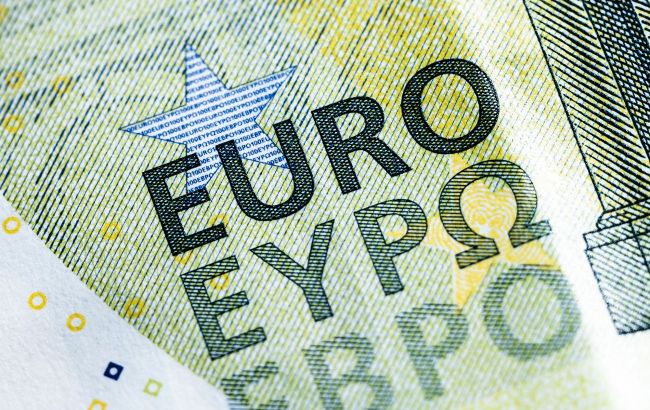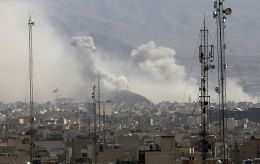Belgian prime minister warns of risks in using Russian assets for Ukraine
 Belgian prime minister warns of risks in using Russian assets for Ukraine (photo: Getty Images)
Belgian prime minister warns of risks in using Russian assets for Ukraine (photo: Getty Images)
The Prime Minister of Belgium, Bart De Wever, has warned that using frozen Russian assets to finance Ukraine could backfire on EU countries, Sky News reports.
During a meeting with journalists, Belgian Prime Minister Bart De Wever said the EU must be cautious to ensure that any decisions on freezing Russian assets do not backfire.
De Wever even noted that if Belgium's demands on this issue are not met, the country will block the use of these assets.
He added that no legal basis for such a decision has yet been presented, and that should be the first step.
The most significant portion of frozen Russian assets — around 225 billion dollars — is currently held in Belgium. Still, the Belgian government does not want to use them without guarantees from its European partners.
According to De Wever, these guarantees include protection from compensation lawsuits filed by companies, contributions from each EU member state, and joint action by all member states holding frozen Russian assets.
"We must be careful that any decisions on freezing Russian assets do not backfire on us," he said.
However, he added that he would be "surprised" if all of this were accomplished today.
Today, after the bloc agreed on new sanctions against Russia, European leaders are arriving in Brussels.
They plan to discuss further ways to assist Ukraine, including the use of confiscated Russian assets to finance Kyiv's military efforts. However, some member states have previously expressed reservations about this, including Belgium.
Ukraine's international partners are discussing ways to cover the state budget deficit for the coming year. One of the proposals involves creating a so-called reparations loan — a mechanism that would allow the use of frozen Russian assets to benefit Ukraine.
The plan involves up to 130 billion euros, which would significantly strengthen Ukraine's defense, enhance its ability to counter the aggressor, and support the country's overall economy.
Belgium faces the highest risks from granting such a loan to Ukraine. This is because Euroclear, where cash from Russia's blocked assets is held, is based in Belgium.
If Moscow's potential lawsuits were to succeed, Belgium itself would have to compensate the losses — an amount equal to one-third of the country's GDP.

